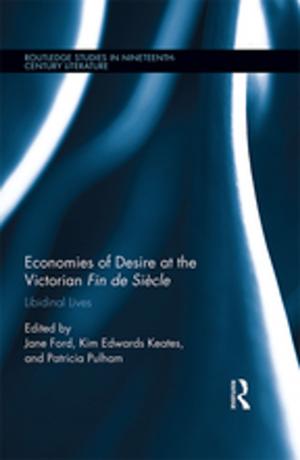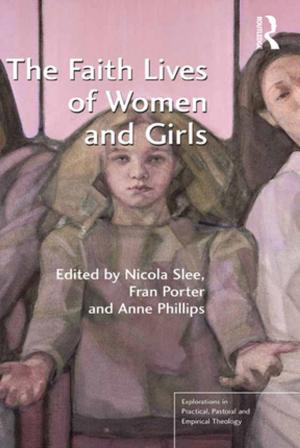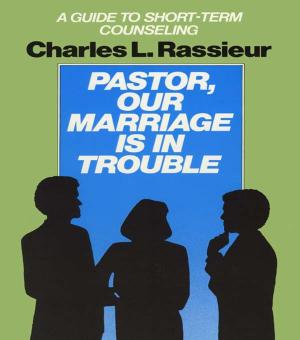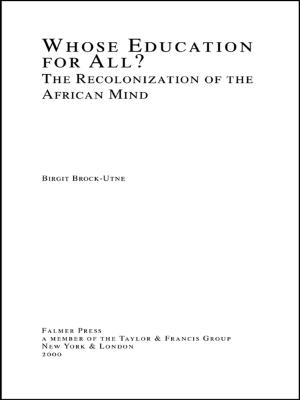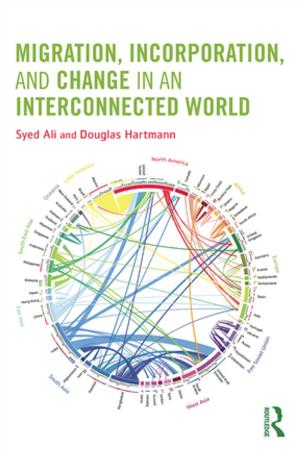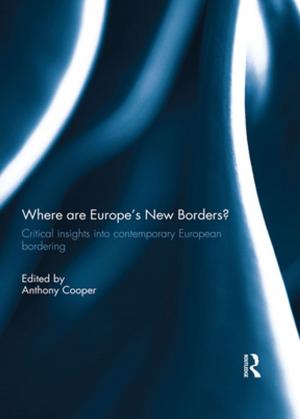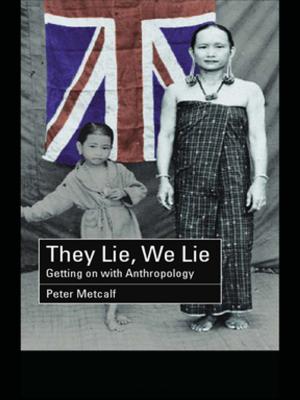Cultural Policy and Democracy
Nonfiction, Social & Cultural Studies, Political Science, Government, Democracy, Religion & Spirituality, Philosophy, Social Science| Author: | ISBN: | 9781317696759 | |
| Publisher: | Taylor and Francis | Publication: | January 22, 2016 |
| Imprint: | Routledge | Language: | English |
| Author: | |
| ISBN: | 9781317696759 |
| Publisher: | Taylor and Francis |
| Publication: | January 22, 2016 |
| Imprint: | Routledge |
| Language: | English |
This book discusses how public cultural policies can relate to the principle political issue of democracy. Here, democratic cultural policies include ideas and ideologies, institutional structures, agents and interests, power, access and participation and distribution of economic resources. Contributors focus on analysing the relationship between a political system and culture and the arts as an empirical field. They critically consider questions such as: How do different democratic forms affect cultural policy consequences? Can cultural autonomy be combined with cultural democracy? How is cultural policy-making used as a political process and which interests are involved? What position does popular culture have in cultural policies? How does a former Soviet state like Lithuania handle the question of culture and democracy? What does it mean when UNESCO talks about cultural diversity? How did intellectuals act in cultural policy debates in France in the late 19th century? The volume also looks at whether the democratisation of culture is actually possible.
This book was originally published as a special issue of the International Journal of Cultural Policy.
This book discusses how public cultural policies can relate to the principle political issue of democracy. Here, democratic cultural policies include ideas and ideologies, institutional structures, agents and interests, power, access and participation and distribution of economic resources. Contributors focus on analysing the relationship between a political system and culture and the arts as an empirical field. They critically consider questions such as: How do different democratic forms affect cultural policy consequences? Can cultural autonomy be combined with cultural democracy? How is cultural policy-making used as a political process and which interests are involved? What position does popular culture have in cultural policies? How does a former Soviet state like Lithuania handle the question of culture and democracy? What does it mean when UNESCO talks about cultural diversity? How did intellectuals act in cultural policy debates in France in the late 19th century? The volume also looks at whether the democratisation of culture is actually possible.
This book was originally published as a special issue of the International Journal of Cultural Policy.



